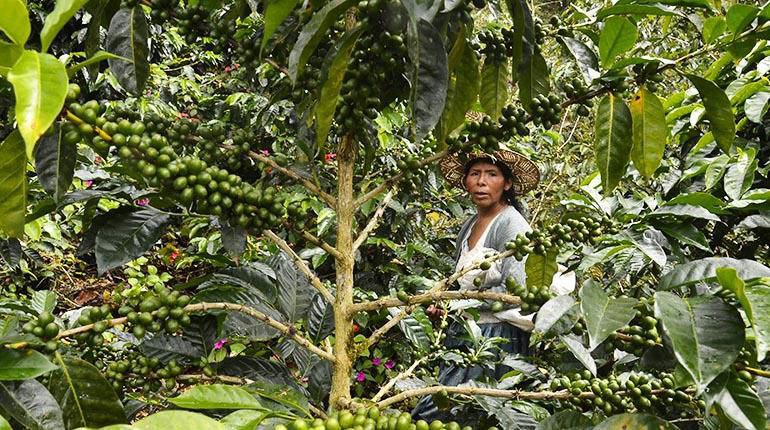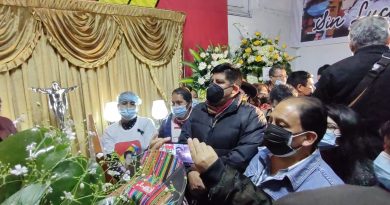Bolivia To Launch State-Owned Instant Coffee Factory
President Luis Arce has announced today that the government will launch a new initiative, with local coffee producers, to build a state-processing plant to produce instant coffee. Bolivia already has numerous state plants to make different food and drink products.
“Paradoxically, we are exporting high-quality coffee, recognized worldwide, winner of several awards in international markets, but even so, we continue to import instant coffee. That is a contradiction in our economy. I have tested, like many, the quality of our coffee from Yungas, and it is necessary, with the Ministry of Productive Development, to work to have our own instant coffee plant for all Bolivians”, said President Arce.
The plant will be in the Yungas region of La Paz, the center of coffee production in the country. The region makes high-quality ground coffee, but it’s not widely consumed within the country as people prefer the convenience of instant coffee, the single largest supplier of which is Nescafe, using coffee beans from Brazil where the company has been accused of modern-day slavery.
Bolivia has experience in the area. This state-owned instant coffee plant will join a string of nationalized factories in Bolivia that are already producing for domestic consumption and export, the profits from these industries provided new sources of revenue for the government which can be reinvested in infrastructure and development projects. Among the existing factories are the acaí processing plant in Pando, a Brazil nut plant in the same region, and in the Trópico of Cochabamba there is the state juice factory that produces juice pulp from different tropical fruits of the area, with many other factories in other regions.
Since the defeat of the coup, the country has returned to its state-led development model built during Evo Morales’ presidency. A new report by the UN’s Economic Commission for Latin America and the Caribbean (CEPAL) has forecast a 5.1% growth in Bolivia’s GDP for 2021, well above the 2.9% average for Latin America.



